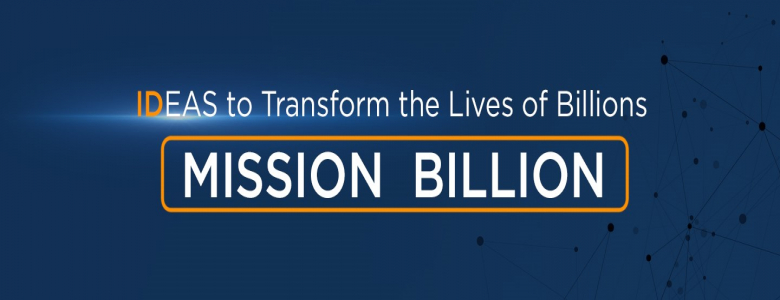We are delighted to announce and congratulate the finalists for the inaugural Mission Billion Challenge launched by the World Bank Group’s Identification for Development (ID4D) Initiative. We received over 170 submissions from more than 56 countries!
These six finalists will present their solution at the Mission Billion Challenge Pitch Event to be held during the Spring Meetings of the World Bank Group on April 12, 2019 in Washington, D.C, where the selection of the final winners will be made.
More information will be shared about the April 12th event, including how to watch it live via video-streaming!


